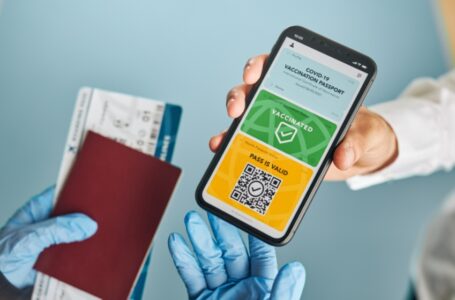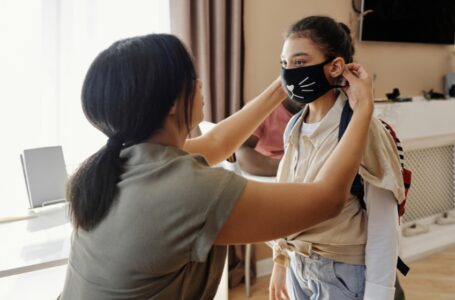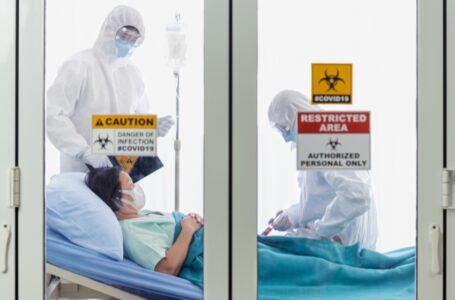Covid-19 ready Kit

By now, we know the basic precautions that we should take to avoid getting infected. But what if you or someone in your household tests positive for Covid-19? What should you do then? Written below is some crucial information that can help you plan and prepare appropriately in case of Covid-19 infection:
Covid-ready checklist
- Make sure that you and your family members are up to date with your vaccinations. However, you can make an appointment through the Vaccine Clinic Finder if you are still due for a second dose.
- You should be able to manage cold and flu symptoms with over-the-counter medicines; hence check if you have the medications at home.
- Other things you need at home include pain relief, rapid antigen tests (RAT), and a thermometer.
- If you are a concession card holder, you are eligible for free RATs.
- Ensure you have an adequate supply of personal protective equipment such as masks, hand sanitisers, disinfectant/antibacterial wipes and gloves.
- Once tested positive for Covid, you need to go into isolation; hence, you must make arrangements to get food and other essentials. For instance, you order online or ask your friends or family to leave your food and other things at the door.
- Ask your friends, family members, neighbours and community members if they need any medical support or essential supplies if they tested covid positive.
- You need to have the medical service provider’s number, including the National Coronavirus Helpline, so that you can avail of their services as soon as required.
If you test positive for Covid-19
Thanks to the concerted effort of the Health department of Australia, the country has one of the highest vaccination rates, which ensures protection against severe illness or hospitalisation. However, if you test positive for Covid-19, you will encounter mild or no symptoms, while others can experience serious symptoms and become severely ill. Simultaneously, there is an increased chance of a particular person’s condition getting severe if they are unvaccinated.
Therefore, if you are unsure about your symptoms and need any medical help, you can get help from various available resources, such as National Coronavirus Helpline (1800 020 080). You can call the helpline and get proper advice about managing your symptoms, COVID-19 vaccines or isolation requirements in your state or territory. Moreover, the helpline operates 24 hours a day, seven days a week; hence no need to worry about timely availability.
For some people who have difficulty speaking English, the helpline has an option to connect them directly to an interpreting service. Additionally, they can call TIS National on 131 450, and they will be connected to the helpline accordingly.
Some significant resources are listed below:
Healthdirect Symptom Checker – This online tool directs people to take the next healthcare steps based on their symptoms. Also, some of the advice includes self-care, talking to a health professional, and when to go to the hospital or call triple zero (000). Furthermore, the online tool helps understand symptoms and potential signs of serious illness and health complications.
Head to Health – An excellent service provider that offers adequate digital mental health resources with the help of trusted service providers like the Recharge app. It also provides headspace resources like seven ways to support a young person’s healthy headspace.
Royal Australian College of General Practitioners (RACGP) Guide: Managing COVID-19 at home with assistance from your GP: It guides people to manage their Covid-19 symptoms at home with the help of their general practitioner.
Australian Government Department of Health Covid-19 website: A government website that provides information about the coronavirus (Covid-19) pandemic, protection measures for yourself and your family, places to get the vaccination and Australia’s current Covid-19 situation.
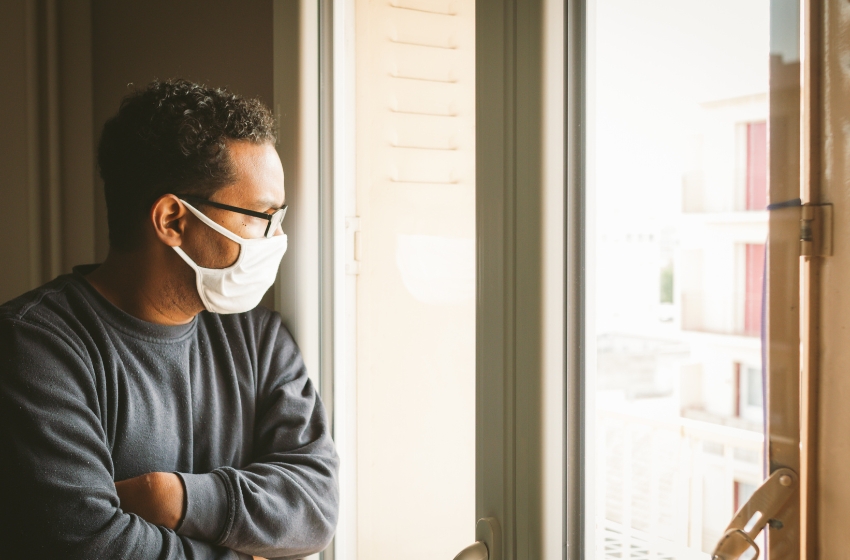
Testing covid-19 positive checklist
- It is necessary to isolate yourself at home for at least seven days if you test positive for Covid-19; also, don’t forget to check your state or territory directions.
- Inform your family members, school or employer about your testing positive.
- If you have taken the RAT and tested positive, you must inform the health authorities about it.
- You need to maintain a vital routine wherein you take sufficient rest, eat healthy food and drink plenty of water. Besides, you must follow a treatment regime that you usually follow when you have a cold or flu.
- Maintaining your mental health is just as important as maintaining your physical health, so talk to your family members or friends via phone during isolation.
- If you need mental health support, please call the National Coronavirus Helpline on 1800 020 080 (24 hours/7 days a week), your doctor or Beyond Blue. Also, you can visit www.headtohealth.gov.au for online support and the Managing COVID-19 hub on healthdirect.
Crucial points to remember
- Immediately administer a test for yourself if you have a cold or flu symptoms; you need to take a Covid-19 test if you have been in close contact with someone who has Covid. Moreover, isolate yourself at home until you get the test results.
- People in a vulnerable population group testing covid positive can call their doctor or the National Coronavirus Helpline on 1800 020 080 (open 24 hours/7 days a week). Besides, they can get adequate information from the helpline to confirm if they are eligible for treatments to protect themselves from severe illnesses.
- If you have become seriously unwell and encounter difficulty breathing, chest pain or feeling faint, you need to call triple zero (000) for an ambulance immediately.
- Please note that in case you are experiencing signs of severe illnesses, you need to get urgent medical attention.
What to do in case
Boredom
After testing Covid positive, you need to go into isolation, which can restrict your daily activities; hence it is pretty evident that you might feel bored. So, during such times you can do something to pass the time such as reading a book or watching movies. If you don’t enjoy reading, you can do something you always wanted to try but never have the time to do. For instance, you can learn a new skill or start a new hobby with the help of virtually available classes.
The children are bored.
If you need to isolate as close contact or have Covid-19 with children in your home, inform them that it is a temporary ‘ at home’ phase. Also, one of the best ways to evade boredom is by creating a daily schedule which would help to spend time productively.
Some ways to avoid boredom include:
- Create plans with children; they can suggest one or two activities per day they can do during the isolation phase.
- Encourage your kids to write letters addressing them to their friends or family; they can send the letters during or after the isolation.
- Conduct an art and craft session wherein they can make beautiful and creative objects with everyday things.
- Starting a family DIY project like painting the fence or fixing a broken sofa could be a creative endeavour.
- It is impossible to go camping while you are under self-isolation, so you can build a camp inside your house using bed sheets and pillows.
If you are worried about your symptoms
You can call the National Coronavirus Helpline (1800 020 080) or visit the healthdirect COVID- 19 Symptom Checker to clarify doubts. First, however, you need to answer a series of questions to identify the severity of your symptoms; depending on your answers, the medical service provider will tell you if you have mild, severe or moderate Covid-19 symptoms.
You will find out:
What to do – depending on the information you enter into the symptom checker, you’ll receive advice on the next healthcare steps, whether self-care, talking to a health professional, going to a hospital or calling triple zero (000).
Where to go – if you are advised to seek medical help, you’ll be connected to the health service finder to find the nearest healthcare provider to you.
More about your symptoms – further information about your symptoms, possible causes, and mental health care from trusted Australian healthcare organisations.
Are you going crazy?
Being indoors for specific days, no matter how long or short the phase is, can be monotonous and induce cabin fever. Furthermore, it can make you feel like you are ‘’going crazy’’. However, it might help to remember you will only be isolated for seven days from the day you had your COVID-19 test or seven days since you last had contact with the person who has COVID-19.
Some simple measures that can help you adapt and feel at ease during isolation :
- Prepare a routine to follow each day.
- Start doing light exercises if you feel good enough to do some physical activity.
- Complete an unfinished task that you have been avoiding due to work.
- If you have a garden or balcony with plants, tend to them.
- Try yoga or breathing exercises; you can also do muscle relaxation and guided visualisation for relieving mind and body stress.
- Do not forget to stay in touch with your friends or family via social media or phone calls.
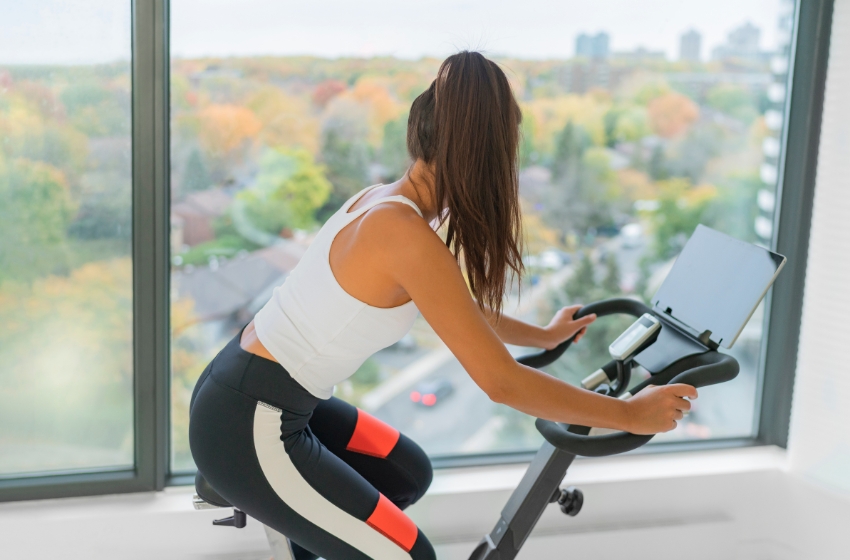
Feeling sad or low
Despite the strategic control of the outspread of the disease, Covid-19 have significantly impacted many Australians. Moreover, people who are required to isolate as a close contact or positive case encounter mental and physical disruption. On the other hand, the constant news about the pandemic overwhelms people.
Therefore, it is necessary to maintain your mental health by :
Set up a daily routine – Plan fun activities (such as reading, watching movies, and hobbies) and give you a sense of achievement (such as cleaning, completing work tasks, and learning a new skill).
Stay active – create a light exercise routine if you are well enough to be completed it at home to maintain physical fitness and reduce stress.
Eat healthy – plan and eat a variety of nutritious meals.
Stay connected with friends and family – reach out via phone, chat, email, or video conferencing.
How to receive relevant information?
Please do not believe in unverified suggestions made by non-clinical websites or blogs; instead, get information from trusted government sources. For instance, visit the ‘Stay up to date section on the Head to Health website’.
How to stay positive?
As difficult as it is to stay positive during such a crisis, it is imperative to remember that the unpleasant time will pass. So, do not indulge in saying negative things to yourself.
Where to seek support?
Visit Head to Health for information, tips and resources to support you and your loved ones’ mental health during this time and reach out to your GP via telehealth if you require further support. If you don’t have a GP, you can find a list of GPs in your area using healthdirect’s Service Finder.
Are you facing financial difficulty?
Some people may experience financial crisis as they are not able to work during self-isolation, so they can get the Pandemic Leave Disaster Payment if both of these apply:
- You can’t work and earn income.
- You or someone you care for must isolate or quarantine due to COVID-19.
Furthermore, one must understand that they will not be eligible for financial aid if they receive an income support payment or have appropriate leave entitlements.
Suppose you’re eligible for a payment and are in severe financial hardship. In that case, you may be eligible for the Crisis Payment for National Health Emergency (COVID-19) if you, or a person you are caring for, had to enter quarantine or isolation.
To qualify, you must:
- Be receiving, or eligible for, an income support payment or ABSTUDY Living Allowance.
- You must be in severe financial hardship, and
- You must be able to provide the right kind of evidence to support your claim.
Depending on their circumstances, they would be eligible to get other crisis payments.
If you need ongoing financial support, another payment or service, or more information about how to access a Centrelink payment, please visit the Services Australia website.
Vaccination after testing positive for COVID-19
It’s essential to stay up to date with your vaccinations. People who have COVID-19, including those with no symptoms, still need to complete the vaccination schedule for their age and health needs.
The following links provide the most up-to-date information on

